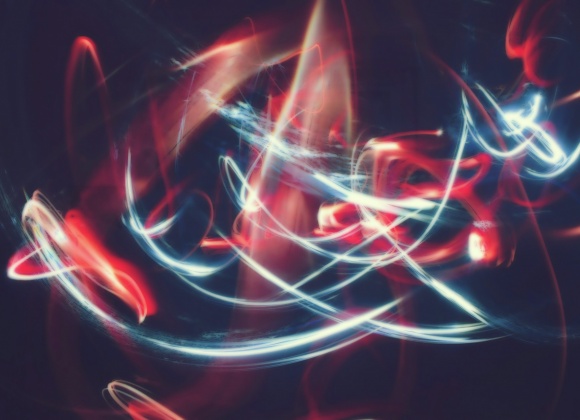How Renewable Energy is Revolutionising Household Economics
In the heart of modern domestic life, where the hum of appliances is as constant as the ticking of a clock, a quiet revolution is unfolding. Renewable energy, once a distant dream, has become a tangible reality, steadily chipping away at our utility bills and reshaping our relationship with energy. This transformation hinges on the power of the sun and the strength of the wind, allies in our quest for a sustainable and cost-effective future.
The Dawn of a New Energy Era
The journey towards renewable energy is akin to watching the first rays of dawn after a long night. Solar power, the most direct form of capturing the sun’s bounty, has seen dramatic advancements in efficiency and affordability. Modern photovoltaic cells, sleek and unobtrusive, can now adorn rooftops, transforming homes into personal power stations. This decentralisation of power generation is more than a technical achievement; it represents a fundamental shift in how we consume and think about energy.
Wind Energy: Harnessing the Invisible Force
Parallel to the rise of solar is the growth of residential wind power. While less common than solar panels, small wind turbines are an increasingly viable option, especially in areas blessed with steady winds. These turbines, spinning silently, are more than symbols of eco-consciousness; they are stalwarts in our fight against rising energy costs, capable of substantial contributions to home energy needs.
Financial Winds of Change
The economic implications of this shift are profound. By harnessing renewable sources, homeowners can significantly reduce their reliance on grid-supplied electricity. In many regions, surplus energy can even be sold back to the grid, turning a household expense into a potential income stream. The initial investment, though not insubstantial, is often offset by long-term savings and various government incentives and tax breaks.
Environmental Harmony and Energy Independence
Beyond the financial benefits, renewable energy offers a path to environmental harmony and energy independence. By reducing reliance on fossil fuels, we diminish our carbon footprint, contributing to the global effort against climate change. Moreover, in generating our own energy, we insulate ourselves from the volatility of energy markets and the geopolitical tumult that often accompanies them.
Challenges on the Horizon
Despite the allure, the transition to renewable energy is not without challenges. The intermittent nature of solar and wind power necessitates efficient storage solutions or a hybrid system that still relies partly on the grid. Additionally, the aesthetic impact of solar panels and wind turbines is a consideration for some, alongside the need for ongoing maintenance and potential repairs.
The Future is Bright… and Breezy
Looking ahead, the trajectory is clear. As technology advances, the efficiency of renewable energy sources will only improve, further reducing costs and increasing accessibility. The day is not far when the hum of a household will be powered predominantly by the forces of nature, a testament to human ingenuity and our enduring quest for a sustainable future.



